Susan Crawford – The internet: public or private? Public Interest Tech

Transcript
Susan Crawford: We have this unquestioning faith that the market will always provide. It turns out, we’ve gotten ourselves to a point where we are leaving behind tens of millions of Americans, and actually our entire country is suffering from a digital divide between us and countries in Asia and in Northern Europe. It’s a tragedy.
[Susan Crawford, John A. Reilly Clinical Professor, Harvard Law School. A white woman wearing a black cardigan over a white collared shirt.]
Okay. Public interest technology—take one. I’ve been very interested in the public-private line throughout my career. I had a grad student say to me the other day, “Well, couldn’t the private sector do whatever government does and just do it better?” And my fear is that we’ve lost the idea that government actually helps people have better lives. And particularly when it comes to Internet access, the entire idea of having some regulatory role for government seems to have disappeared from the scene.
[Animation showing a document titled “Internet Bill of Rights”, the document is ripped in half, and money flows towards a tall building representing an internet provider.]
In order to fix this, we need to make sure that there are people serving in government who understand that, left to its own devices, the private market is never going to provide us with this indispensable thing for our lives, which is persistent, cheap, ubiquitous fiber optic internet access everywhere we are.
[Animated fiber optic cables slither across the screen.]
We can’t afford to have the country in this position where these five giant players have essentially divided up the high-speed internet access market among themselves, leaving people with very few choices and extremely expensive and extremely second-class service.
[Animation of an outline of the United States, with the major internet provider names and logos for-CenturyLink, Spectrum, Verizon, AT&T, and Comcast stamped over all of the states.]
Their incentives aren’t aligned with public incentives. We faced the same battle with both electricity and highways. It took Franklin Delano Roosevelt and tremendous national leadership to ensure that electricity reached everyone in the country. It took Eisenhower, in 1952, to ensure that highways reached across the country. This doesn’t happen absent government involvement. We’ve known this for the railroad, electricity, water, telephone, and highways. These same principles apply to high-speed Internet access. Other countries get this. There’s a hundred percent fiber availability at very low prices in Japan, South Korea, Sweden, Norway. We don’t have that here and it’s because we’ve had no industrial policy of ensuring an upgrade
to fiber and making it available at a reasonable cost. We need people at the table who both understand deeply the role of government and what the regulatory ideal is, and also understand technology—and can’t be bamboozled by the blandishments of AT&T and Verizon and Comcast and Spectrum, who keep saying, “Don’t worry, just trust us. We’ll fix this for you.”
[This is tech at work for the public! Hashtag Public Interest Tech. Ford Foundation dot org forward slash tech. Ford Foundation logo: a globe made up of a series of small, varied circles.]
Accessibility Statement
- All videos produced by the Ford Foundation since 2020 include captions and downloadable transcripts. For videos where visuals require additional understanding, we offer audio-described versions.
- We are continuing to make videos produced prior to 2020 accessible.
- Videos from third-party sources (those not produced by the Ford Foundation) may not have captions, accessible transcripts, or audio descriptions.
- To improve accessibility beyond our site, we’ve created a free video accessibility WordPress plug-in.
“My fear is that we’ve lost the idea that government actually helps people have better lives,” says Susan Crawford, Harvard Law professor and author of Fiber and Captive Audience. Crawford is a public interest technologist who believes affordable and readily available internet access is indispensable when it comes to equal opportunities and distribution of resources.
In the U.S., internet providers currently hold a monopoly hold over the service, quality, and availability of fiber optic internet use. Crawford says the government needs to be involved in the regulation of this service, with representatives that have the necessary know-how, to ensure that provider incentives align with the public’s best interest. Only in this way, she says, can technology be used to serve public values of fairness and equity.
Susan Crawford is part of a larger community that wants to see technology serve the greater welfare of society. We call this Public Interest Tech.
Other videos in this series
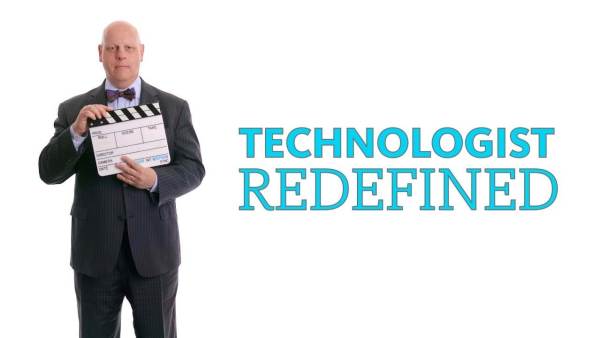
Danny Weitzner – Privacy and policy: a new school of thought. Public Interest Tech
Privacy is fundamental to our lives. Unanswered public policy questions raised by new technologies need to be addressed. Danny Weitzner, from the Massachusetts Institute of Technology (MIT), says as a society, we have to be directly engaged in these public interest technology questions to ensure new tools support human values.

Michelle Miller – A new age of advocacy. Public Interest Tech
Workers can use tools of the internet to push for better working conditions and outcomes, building a future of work that works for all. Michelle Miller, co-founder of coworker.org, focusses on building digital communities that put the power of numbers in the hands of the workforce.

Kade Crockford – Can computers discriminate? Spoiler alert: yes. Public Interest Tech
The age of automated decision making, through algorithms, can exacerbate inequalities in society. The ACLU’s Kate Crockford believes we need to bring technologists into the public interest fold to address this worrying issue. Lawyers like Crockford play an important part in ensuring digital technologies work for the benefit of all.

Joy Buolamwini – Fighting the “coded gaze:” How we make artificial intelligence benefit all. Public Interest Tech
The automation of how computers detect, classify, and identify faces can favor some races and genders over others and also deepen existing inequalities. Public interest technologist Joy Buolamwini is building tools to help researchers code in a more inclusive way.
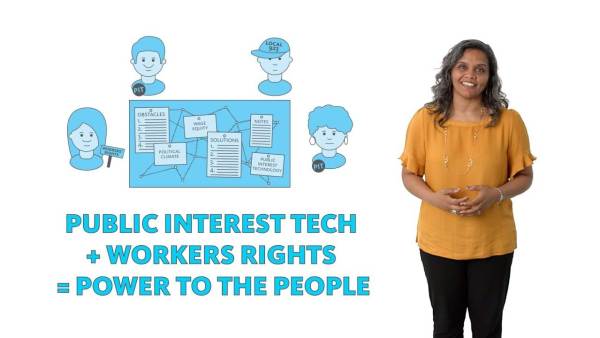
Sarita Gupta – The future of work(ers) rights! Public Interest Tech
Technology can help build a future of work that works for all. Sarita Gupta from Jobs with Justice explains how we can use technology to improve workers’ lives. Public interest technologists and social change leaders need to come together to design systems and tools that benefit all.
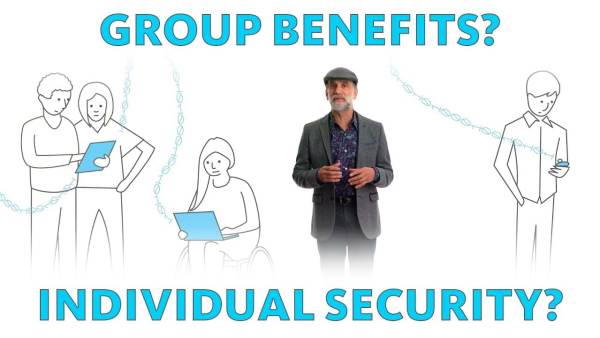
Bruce Schneier – How to survive in a hyperconnected world. Public Interest Tech
Cybersecurity expert Bruce Schneier says we need to find innovative ways to use surveillance data for the public good, while still maintaining our individual security. Tech decisions have policy ramifications, and policy decisions have tech ramifications—bridging the two worlds benefits everyone.
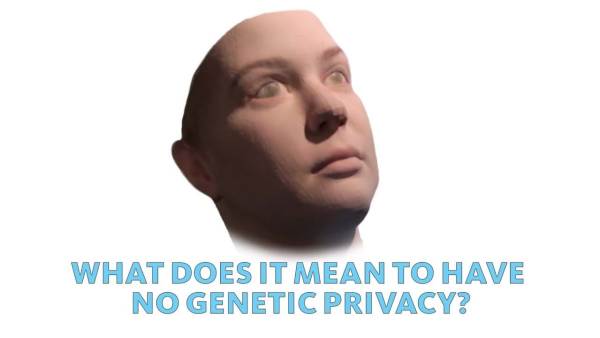
Heather Dewey-Hagborg – What can your genetic portrait tell the world? Public Interest Tech
Through her work, artist Heather Dewey-Hagborg asks deep questions about technology and how it functions and impacts society. She says we need to make the hidden world of biotechnology more visible to people, acknowledging its shortcomings and nuances to help ensure genetic privacy.
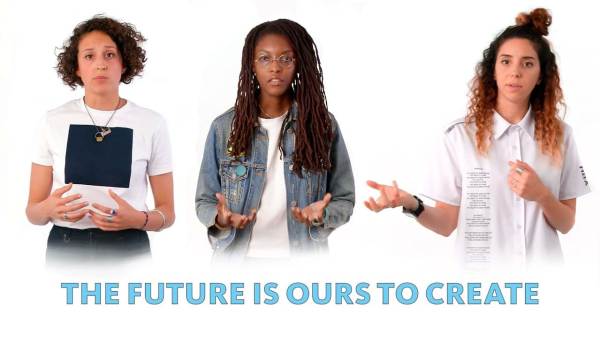
Hyphen-Labs – What does the future look like? Public Interest Tech
Technology can help us envision new ways of living. Artists can show us just what technology is capable of doing. But for tech to be truly inclusive, everyone needs to have a say in how it’s created. Artist collective Hyphen-Labs encourages experimenting with how we see the world.
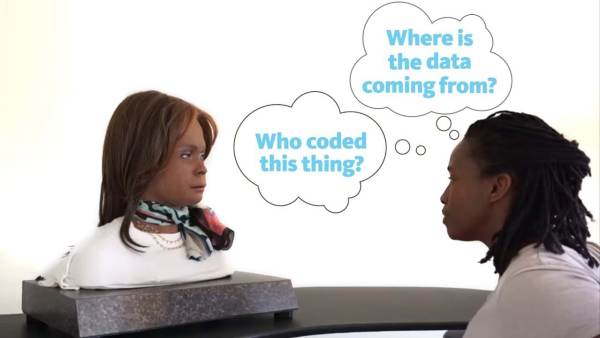
Stephanie Dinkins – Conversations with a robot. Public Interest Tech
There is implicit bias in artificial intelligence (AI). Artist Stephanie Dinkins wants data scientists and technologists to think about the ethical implications of AI and how better systems can be built for the future. Her work questions what machines are doing and why, so they can be more equitable and fair.
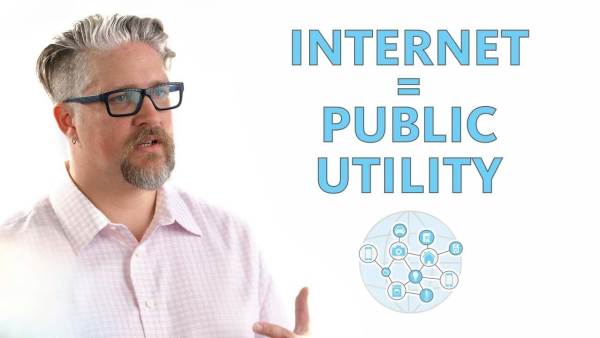
Éirann Leverett – Calling all hackers for good. Public Interest Tech
The internet is a shared safe space and should remain so. Éirann Leverett believes hacking can be used for public good. He maintains the issue of privacy and security should be seen as a consumer rights issue, and the internet should be treated as a public utility.
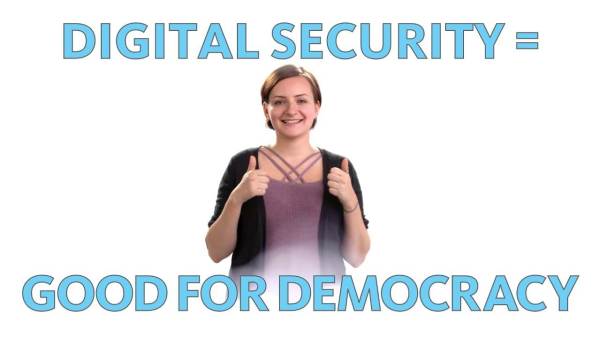
Jennifer Helsby – Digital security = good for democracy. Public Interest Tech
Having a free and open internet allows every person to read and speak freely online. Open Web Fellow Jennifer Helsby works to uphold freedom of the press and digital security, which are essential for journalists to maintain democracy.
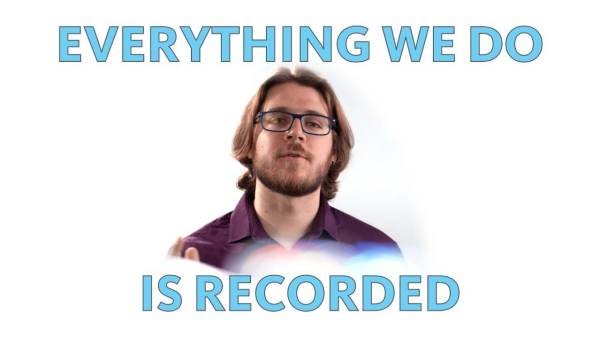
Etienne Maynier – Are these 5 tools in your organization’s digital security toolbox? Public Interest Tech
Fighting for a society that’s more equal means upholding the individual right to privacy. Etienne Maynier explains that digital surveillance is a pressing threat that feeds inequality. Protecting ourselves and our information is an important part of using technology to create a better society for all.
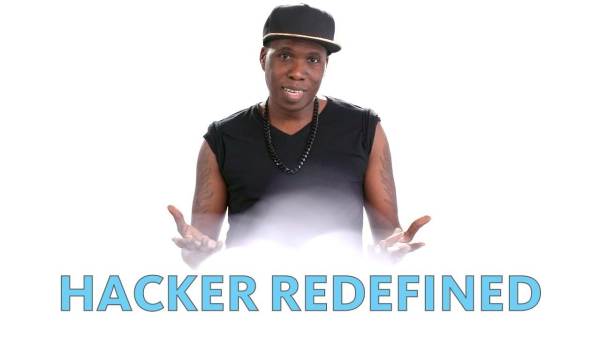
Matt Mitchell – I’m a hacker. For good. Public Interest Tech
Organizations need to be proactive in protecting themselves from digital threats. Hacker Matt Mitchell says it’s not a matter of if you will be hacked as an organization, it’s a matter of when. Having an understanding of these digital threats and planning before problems occur is vital.
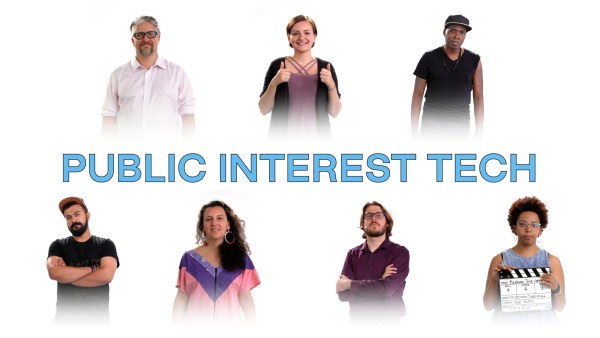
Meet the future of tech. For good. Public Interest Tech
Public interest technologists show us how tech can work for social good and help fight inequality. They work to bridge the gap between what technologies are trying to build and what social scientists are trying to solve.
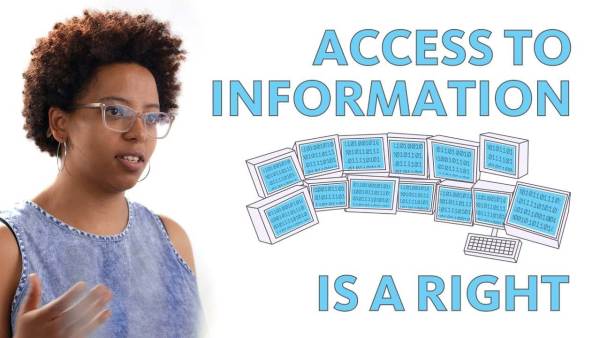
Berhan Taye Gemeda – Uncensored. Public Interest Tech
Censorship and online surveillance decrease opportunities for civic engagement. Social justice activist Berhan Taye Gemeda says access to the internet is a right, and she believes the internet should be governed by the public because it was created for the public. Accessible internet is essential for social change.
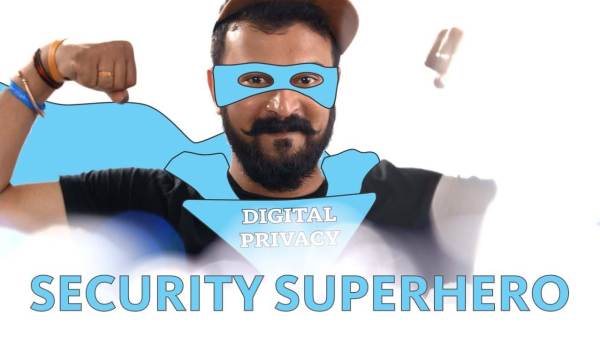
Sid Rao – My digital superpower. Public Interest Tech
Internet users don’t know how their metadata is being used or exploited for monetary or tracking purposes. Open Web Fellow Sid Rao aims to give people the tools to protect their digital privacy by knowing how their internet activities are being monitored.
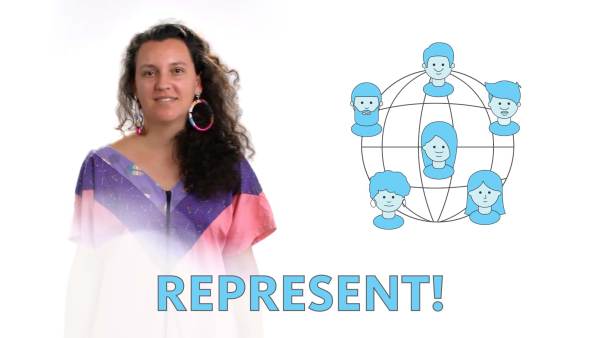
Steffania Paola Costa di Albanez – Who gets to make technology? Public Interest Tech
In the fight for equality, the way technology is developed should be a key issue. Open Web Fellow Steffania Paola Costa di Albanez says developers should reflect the diversity of those who use technology and represent a wide variety of user experiences, from women to Black women.

What is Public Interest Tech?
As it rapidly grows and changes our lives, technology can deepen existing inequalities in our world. For it to make a positive difference, public interest technologists work to ensure new and existing tech helps dismantle inequality and benefit the social good.